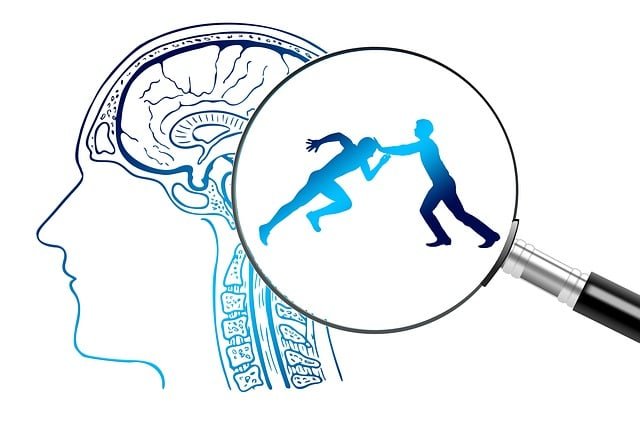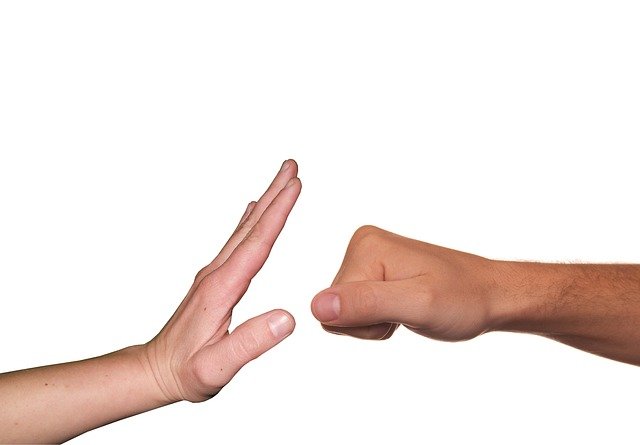If You Cannot Help Them, Do Not Hurt Them
A friend of mine once made a statement when he was giving a speech in one of his motivational sessions, he said "you may not be able to fix everyone and everything, but try not to break anyone." What this clearly states is that even if you are unable to help someone, at least do not add to their pain. You have to be a builder, and a mender, not a breaker. You may not know what someone is passing through and the kind of struggles they are facing. If you cannot help them, at least do not become an additional burden to them, do not compound their struggles. You may not have a solution to their problem, you may not have money to give them, or even an influence, but you still have a choice not to harm them.

You will be surprised to know how many people you meet on a daily basis who fight silent battles. The receptionist you meet when you enter an office who give you a forced smile might be passing through terrible times. The student who is always distracted in class might be facing a form of anxiety. The bus driver who responded coldly to you might be overwhelmed. You may not fix what they are going through, but you have a choice not to add to it. Also know that even your words can harm them in manners you may not even expect, so be careful of the words you speak into them. If you cannot motivate or inspire with your words, then do not hurt with them.
There was a friend of mine who shared a very heart-touching story of what happened to him. He took a very important exam in his professional career as an accountant and failed the exam. He felt very devastated, and disappointment almost overwhelming him. It got worse when some of his close ones subtly mocked him and said that the exam was actually meant for smart people. His confidence failed him. When he came to me, and narrated all these, I encouraged him that he is able to pass the exam. I told him that his failure was just part of his success story. He built his confidence and wrote the exam again. Adorably, he did not only pass, but he became the top 5 in the state. It is true that I could not give him the solution, but I chose my words carefully, and I made a choice not to harm with my words.
It is worthy to note that doing no harm does not mean that you should go about ignoring people, but it means that you have become intentional about your influence. There are times that you may wish to help, but it is just impossible maybe because of lack of resources, time, etc. But by refraining from judging them, not criticizing them, showing them patience, can go a long way to help. Just to let you know, you are not only remembered for the good that you have done, you will also be remembered for the problems you created. Do not allow your memory to be associated with problems. Try not to become a problem creator.

Doing no harm does not only reflect how you treat people, it also includes how you treat yourself. A lot of people are their own strongest critics. In fact, some people have hurt themselves in manners that no other person have done to them - through their negative thoughts, negative words they speak to themselves, the unwholesome acts they engage in. As much as you treat others with gentleness, you also need to treat yourself with the same gentleness. Learn to forgive your past errors, so that they will not negatively affect your present and your future. Also be patient with your growth, and work on your flaws. Speak positivities into yourself, and act positively.
In your relationships, your work place, your interactions with people, at home, and even in your community, the principle of "do no hurt" can transform lives, and can also make you a better human. Imagine if everyone will pause before that speak or act, and ask themselves if their speech or actions will help or hurt someone, it will create an atmosphere where people will feel safe and grow.
Thanks for reading

